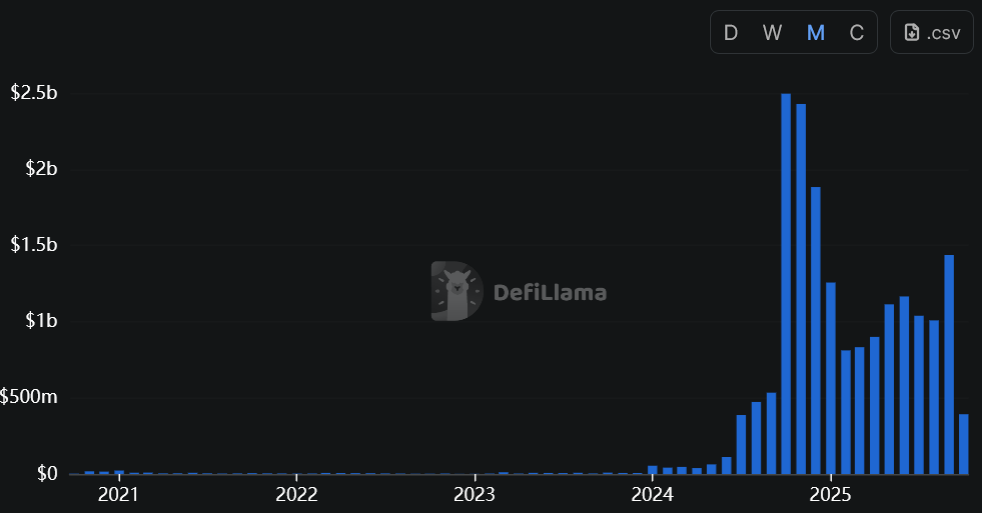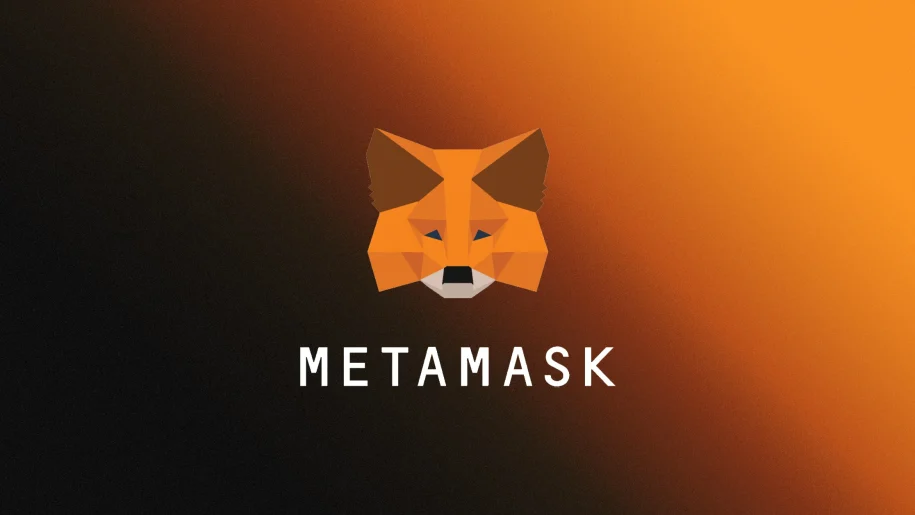MetaMask, one of the most popular self-custodial crypto wallets, is set to expand its financial ecosystem by integrating Polymarket’s prediction markets later in 2025.
This move allows users to bet on political events, sports outcomes, and corporate earnings directly from their wallet, bridging the gap between traditional speculation and decentralized finance (DeFi).
MetaMask recently launched perpetual futures trading via Hyperliquid and announced an upcoming Rewards program, signaling its ambition to transform from a simple crypto wallet into a versatile financial platform.
The integration is significant because it brings mainstream prediction markets into the hands of everyday crypto users, opening new avenues for engagement, hedging, and speculation while remaining fully decentralized and self-custodial.
MetaMask Expands with Polymarket Integration
MetaMask will make Polymarket’s prediction markets accessible directly in the wallet. Users can buy and sell shares that represent the outcome of events, such as elections, sports games, or company earnings.
This makes it easier for everyone to participate in markets that were once mostly for professional traders or restricted by location.
The integration will not be available in some countries, including the United States, United Kingdom, France, Singapore, Poland, Thailand, Australia, Belgium, Taiwan, and Ontario, Canada.
Gal Eldar, MetaMask’s global product lead, said the move reflects the company’s goal to become “a gateway to global, democratized finance.” He explained that adding prediction markets allows users to trade, speculate, earn, invest, and diversify, while keeping full control of their funds
Recent Growth in Prediction Markets
Prediction markets have grown quickly, especially after the U.S. presidential election in 2024. Platforms like Polymarket and Kalshi recorded trading volumes of $1.43 billion and $2.74 billion in September 2025, breaking their previous records, according to DefiLlama.

Wall Street has also started noticing this trend. Intercontinental Exchange, which owns the New York Stock Exchange, invested $2 billion in Polymarket, valuing the platform at $9 billion.
Experts say that institutional involvement could improve market liquidity and encourage more retail users to participate in decentralized prediction markets.
Hyperliquid Perpetual Futures: A DeFi Milestone
MetaMask has also added perpetual futures trading through Hyperliquid. This feature allows users to trade derivatives directly in the wallet. Users can fund their accounts with one click from any Ethereum Virtual Machine chain and trade without paying swap fees.
Decentralized perpetual futures markets have grown rapidly, with DEX volumes reaching $765–770 billion in August and September 2025. Hyperliquid is currently the leader in the decentralized perps market.

However, these volumes are still smaller than centralized exchanges like Binance, which are popular for their easy-to-use interfaces. MetaMask aims to combine the experience of a centralized exchange with the security and transparency of decentralized systems.
Related: Tron makes debut in Consensys’ crypto wallet MetaMask
Expert Insights and Market Perspective
The MetaMask and Polymarket partnership shows a larger trend: crypto wallets are becoming full-service financial platforms. By adding prediction markets and derivatives trading, MetaMask is creating a one-stop platform for DeFi users.
Prediction markets work like truth-seeking systems, where user incentives align to forecast outcomes accurately. In the past, these markets have often predicted real-world events better than polls or expert opinions.
More participation from retail and institutional users could improve accuracy, but it may also create speculative bubbles if incentives are not balanced.
Regulation remains a major challenge. Some countries do not allow access to Polymarket, which could limit adoption. Investors should be aware of these restrictions before participating.
Analysts predict that as wallets like MetaMask add more financial tools, DeFi adoption will grow, especially in countries with fewer traditional financial services.
Combining prediction markets with derivatives could also allow users to hedge against political, sports, or economic events, which was previously mostly available to advanced traders.








